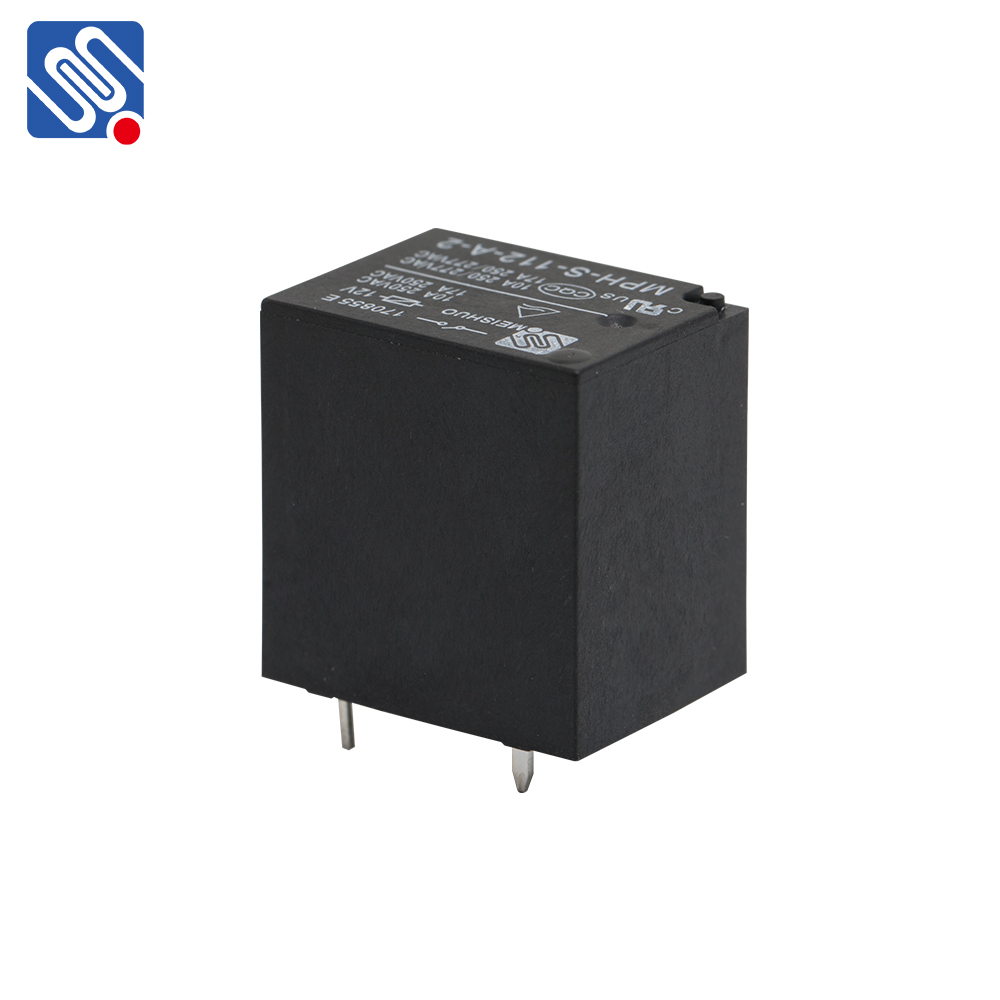understanding relay specifications: a focus on meishuo
Release time:2025-05-15 08:34:06
Relays are integral components in modern electrical systems, used to control the flow of electricity in circuits without direct physical contact. They are essential for automating tasks, enhancing safety, and providing remote control over electrical equipment. One company that has made significant strides in the relay industry is Meishuo, a leader in the development and manufacturing of high-quality relays that meet diverse needs across various sectors. In this article, we will explore the key aspects of relay specifications and highlight the innovations Meishuo brings to the table.

What Are Relay Specifications? Relay specifications refer to the parameters and characteristics that define the performance and capabilities of a relay. These specifications are crucial for determining whether a relay is suitable for a particular application. Some of the most common relay specifications include voltage rating, current rating, contact configuration, switching capacity, and environmental conditions under which the relay can operate. 1. Voltage and Current Ratings: The voltage and current ratings are among the most important specifications for relays. These ratings define the maximum voltage and current the relay can handle without risk of failure. A relay must be selected based on the specific voltage and current requirements of the circuit it will control. Exceeding these ratings can lead to overheating, arcing, and eventually damage the relay. For instance, Meishuo’s relays are designed with precision to accommodate high voltage applications, ensuring reliable operation even under challenging conditions.

